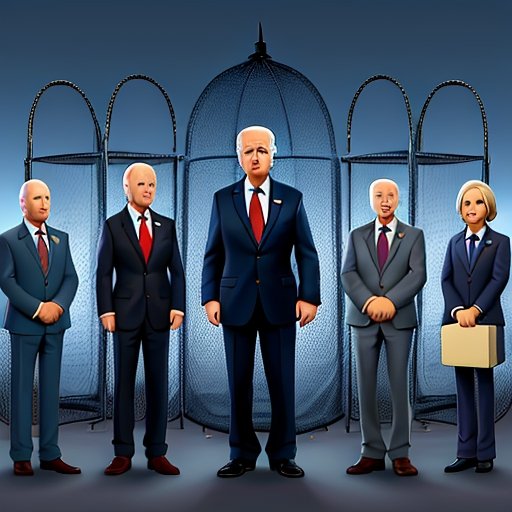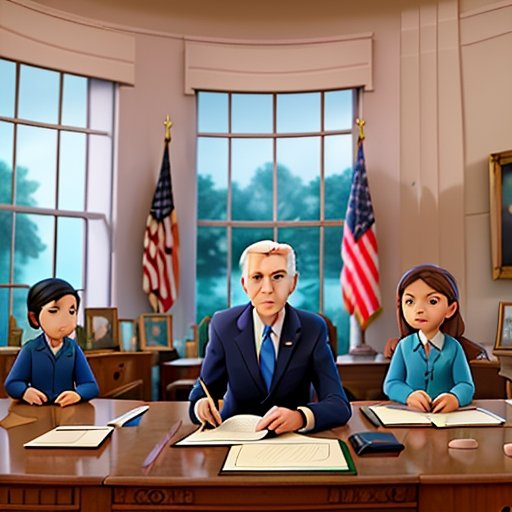You ever notice how politicians can say just about anything these days? I mean, it’s not like they were ever saints, but lately, it feels like they’ve taken a few more liberties with the truth than they used to. I don’t know about you, but I’ve always thought if someone’s job is to represent people, telling the truth ought to be part of the gig. But I guess that’s old-fashioned.
Turns out, politicians can lie. And not just a little white lie, like telling your spouse you love their meatloaf when it tastes like cardboard. No, I mean really lie. Big lies. And what’s worse? They’re not even breaking the law when they do it. Yep, politicians can stand in front of a crowd, say whatever they want—truth be damned—and nobody can do much about it. How did we get here? It’s a long story, but let me tell you, it starts with the First Amendment.
The First Amendment: Letting Politicians Off the Hook?
Now, don’t get me wrong. I like free speech as much as the next guy. The First Amendment’s the reason I can sit here and complain about this stuff in the first place. But free speech is also the reason politicians can lie without consequences. Courts have made it clear: you can’t regulate political speech, even if it’s false. It’s protected.
You see, the Supreme Court figured if we start censoring political speech, we could end up chilling debate—making politicians too scared to say anything at all. They’d be tiptoeing around every word, worried about getting sued or fined. And while that sounds a little satisfying—imagine a politician choosing their words carefully—it’s not great for democracy. The courts have decided it’s better to let lies slide than to risk stifling political debate altogether. So politicians? They’ve got a free pass.
The Media’s Role in Political Discourse
- Platforms for democratic debate
- Challenges in filtering political ads
- Commitment to free speech
- Balancing act between information and misinformation
Media platforms, meant to be the stage for democracy’s discourse, find themselves in a challenging position—unable to reject political ads even when they may contain inaccuracies. The FCC’s stance reflects our nation’s commitment to debate and free speech, no matter the complexities it may bring.
The Courts Say: Let Lies Be Lies
Now, some people have tried to put a stop to this lying spree. Remember the Stolen Valor Act? That was a law from 2005 that said you couldn’t lie about receiving military honors. Seemed fair, right? But in 2012, the Supreme Court struck it down. They said even lying about something as serious as military service was protected under the First Amendment. Imagine that. You can walk around claiming you earned a Medal of Honor, and the law can’t touch you. Sure, you might get dirty looks, but legally? You’re in the clear.
The courts have this idea that the way to deal with a lie is with more speech. They say if a politician lies, it’s up to the public—or other politicians, or the press—to call them out. Seems like a nice idea. But you ever notice how the lie always spreads faster than the truth? By the time the fact-checkers show up, the lie’s already halfway around the world, sipping a martini and putting its feet up.
Tips for Navigating Political Information
- Verify sources and cross-reference information
- Be aware of personal biases and seek diverse perspectives
- Look for primary sources and official documents
- Consider the context and timing of information
- Engage in respectful discussions with others
Why Conservatives Might Lie Less
Now here’s something interesting: some folks think conservatives might lie less than their liberal counterparts. I’m not saying they’re saints, but there’s a reason for this. Conservatives tend to lean into tradition—they’re defending what’s already there. So when a conservative politician speaks, they’re often pointing to the past. “This worked before, it’ll work again.” It’s hard to lie about something that’s already happened. You just point to the record, and there it is.
Conservatives are more likely to say, “Let’s not reinvent the wheel here,” while progressives might promise big changes, new programs, or sweeping reforms. And you know how those things go—there’s always a little embellishment to get people on board. So, conservatives? They don’t need to lie as much. They’re usually the ones saying, “Let’s stick to what we know.”
And let’s be honest—there’s a certain emphasis on personal responsibility in conservative circles. It’s baked into their whole philosophy. You make a promise, you keep it. You tell people you’ll do something, you’d better do it. It’s not foolproof, but it does set a standard for telling the truth.
But the Lies Keep Coming
Even with that, though, don’t go thinking anyone’s got a spotless record. Everyone bends the truth now and then. Politicians are in the power business, and sometimes that means playing fast and loose with the facts. And since the courts have said they can get away with it, guess what? They do.
And here’s where things get even trickier: TV stations, social media platforms, they’re all letting these ads run—even the ones that are so obviously false, you can’t believe they made it to air. The Federal Trade Commission has rules about truth in commercial advertising—you can’t say your shampoo will make people grow hair if it won’t. But when it comes to political ads? The rules go out the window. The FCC, which oversees broadcast TV, says, “Not our problem.” And the stations have to run these ads, even if they’re full of nonsense.
So, as the election season rolls in, you’re going to see a lot of ads that stretch the truth—some of them flat-out lying. And the courts? They’re not stepping in to stop it.
What Do We Do About It?
Now, don’t get discouraged. It’s not all doom and gloom. The courts might protect politicians’ right to lie, but we’ve still got a job to do. We’ve got to be skeptical. We’ve got to ask questions. And most importantly, we’ve got to do our homework.
Politicians lie, but they don’t have to fool you. The truth is out there—you just have to dig for it. So, the next time you see a campaign ad promising you the world, remember: if it sounds too good to be true, it probably is. That’s not just politics; that’s life.
Conclusion: Preparing for the Political Storm
So, here’s where we’re at: politicians can lie, and thanks to the First Amendment, there’s not much we can do about it. The courts have decided that protecting free speech is more important than stopping a few fibs here and there. And while conservatives might lie a little less because they’re sticking to what’s already been proven, nobody’s hands are completely clean.
At the end of the day, we’ve got to be our own watchdogs. Question everything, and don’t take anyone’s word for gospel—especially a politician’s. They’re in the power business, not the truth business. But hey, isn’t it nice to know they’re protected by the Constitution?






